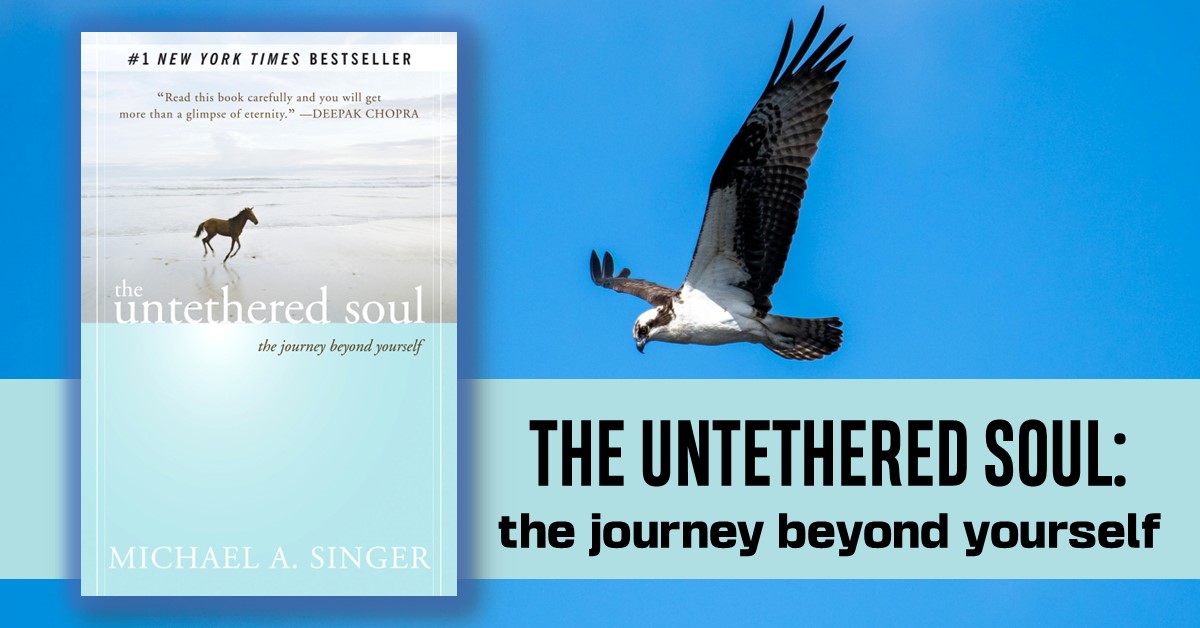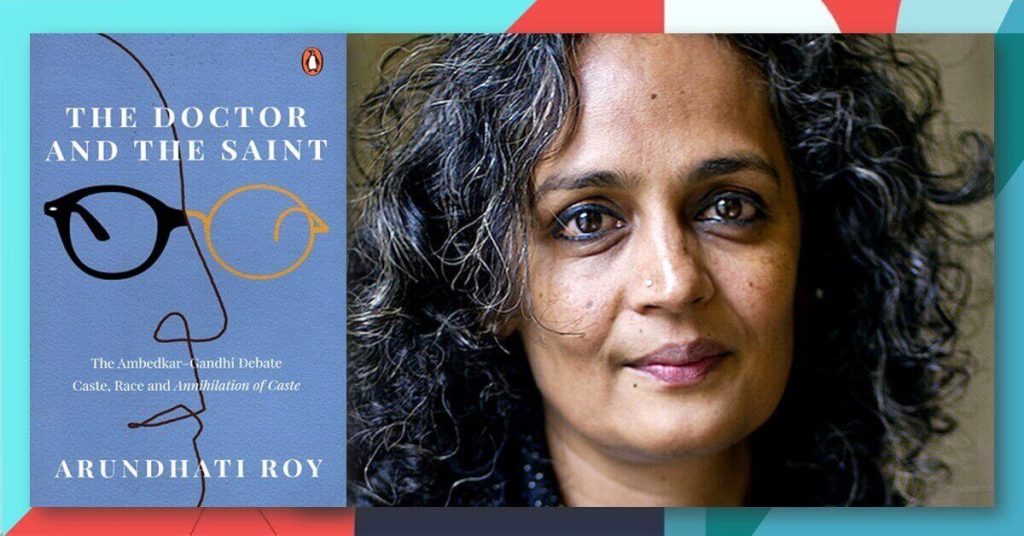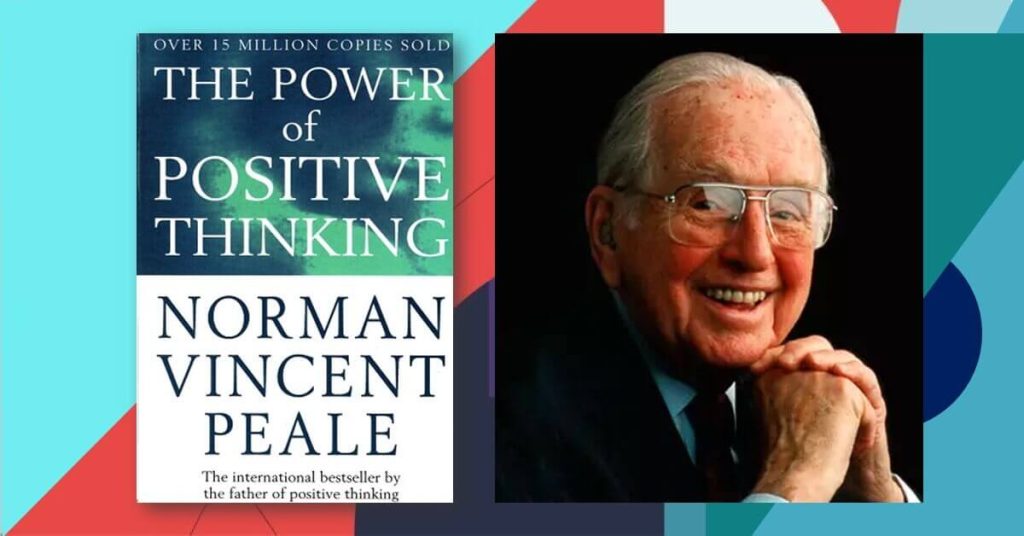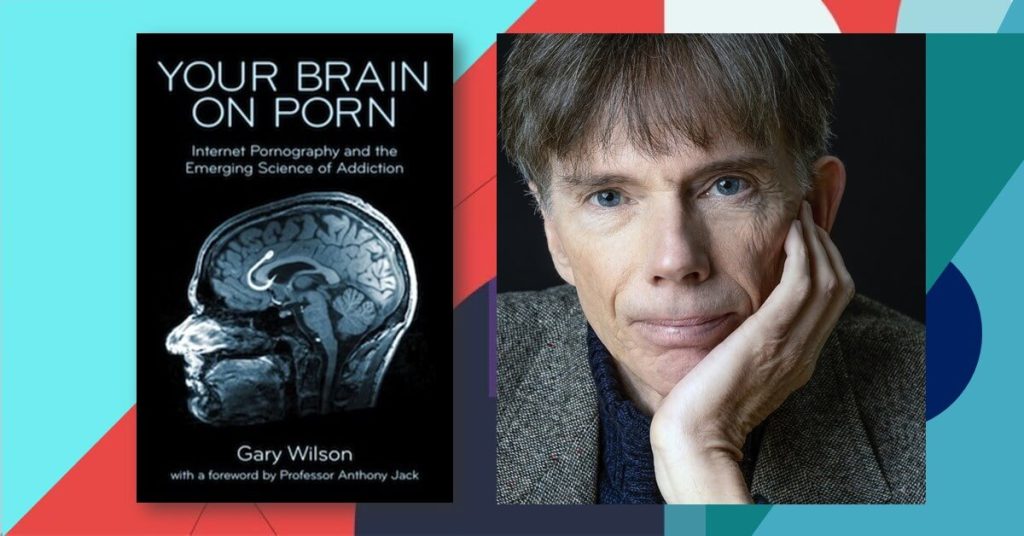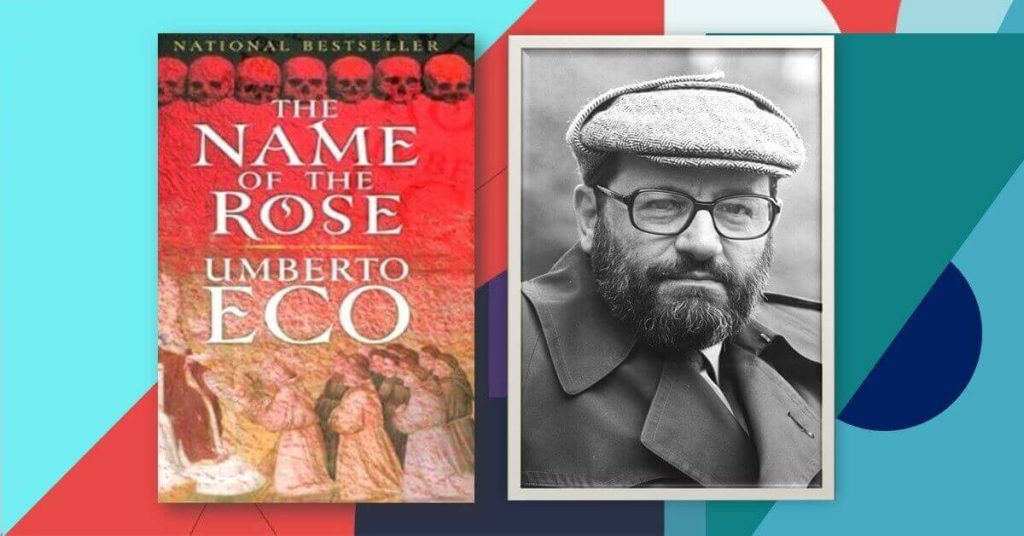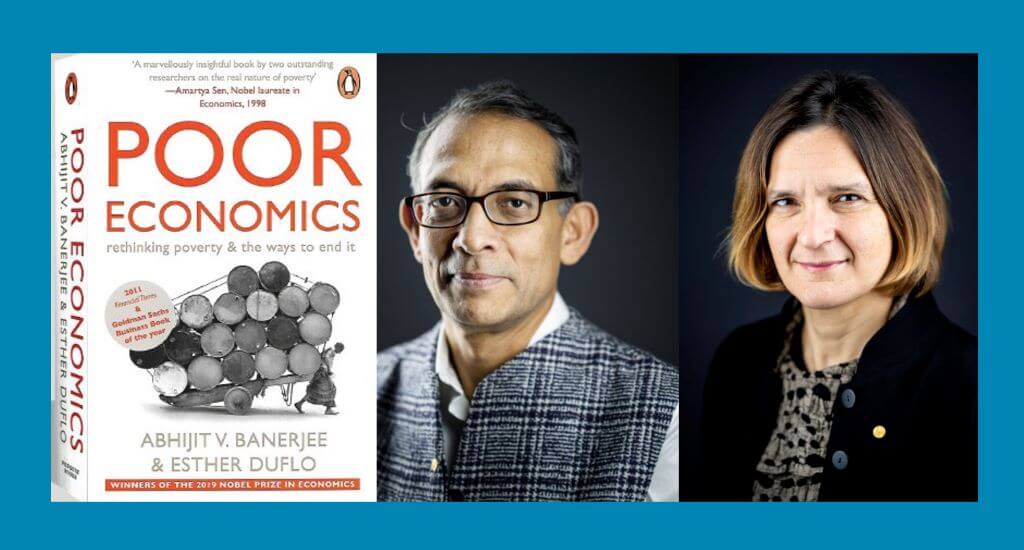American author and journalist Michael A. Singer’s The Untethered Soul: The Journey Beyond Yourself offers a profound exploration into the nature of consciousness, self-awareness, and emotional liberation.
Having read this text, I found myself reflecting deeply on the nature of consciousness, self-identity, and the inherent chaos of the human mind. The book offers a philosophical framework for understanding the true essence of our inner being, which resonates deeply with anyone on a path of personal or spiritual growth.
Reading this book feels like embarking on an intellectual and spiritual journey toward understanding the mind’s incessant chatter and the barriers we unknowingly build around our inner freedom. Singer’s work resonated deeply with me from the very first chapter, where he challenges the reader to confront the “voice inside your head.” This constant internal dialogue, as Singer describes, often becomes our reality, trapping us in a limited, ego-driven existence.
I couldn’t help but reflect on how much of my life has been governed by this voice, constantly narrating and interpreting the world around me, a truth that Singer beautifully uncovers when he writes, “There is nothing more important to true growth than realizing that you are not the voice of the mind—you are the one who hears it”.
This realization struck a deep chord within me, as it suggested that beyond this endless stream of thoughts, there is a silent, peaceful observer—the real me—watching it all unfold.
As I continued through The Untethered Soul, I was challenged to let go of the internal resistance that often drives my anxiety and unhappiness.
Singer’s elegant prose invites us to release the grip of control we so desperately cling to, gently guiding us to allow life’s flow to unfold naturally. In a world that constantly demands control and predictability, his message is both liberating and disconcerting.
The idea that true freedom comes not from manipulating external circumstances but from cultivating a deeper awareness of our reactions and fears was a powerful reminder of the peace that lies within when we stop fighting reality.
As Singer puts it, “The only real solution is to take the seat of witness consciousness and completely change your frame of reference”. This shift in perspective is something I have begun to apply to my own life, discovering that the more I step back from my inner drama, the more peace I find within.
From its opening lines, the book invites an introspective journey that ventures far beyond self-help tropes, penetrating into the very essence of what it means to be conscious.
10 Life-Changing Lessons from The Untethered Soul
Michael A. Singer’s The Untethered Soul is more than just a book; it is an invitation to delve deeply into the essence of self-awareness and spiritual liberation. Its powerful teachings challenge our habitual ways of thinking and offer a pathway to inner peace. Through Singer’s eloquent exploration of consciousness, we discover practical wisdom to untangle the knots of our inner turmoil and embrace life’s boundless potential. Here are ten transformative lessons from this profound work that have reshaped my perspective on life and self.
1. You Are Not the Voice in Your Head
Singer begins with an exploration of the incessant chatter in our minds—a phenomenon so ubiquitous we often fail to notice it.
He describes this inner dialogue as “the voice inside your head” that never ceases, questioning, worrying, narrating, and judging. Most of us live with this relentless voice, which critiques, worries, and ruminates on the past and future. It’s a voice we seldom question, yet Singer suggests that much of our suffering arises because we identify with it
Singer’s initial revelation is striking: “You are not the voice of the mind—you are the one who hears it.” This insight, articulated in the first chapter, The Voice Inside Your Head, unveils the distinction between our true self and the incessant mental chatter we often mistake for our identity.
Singer elaborates, “There is nothing more important to true growth than realizing that you are not the voice of the mind—you are the one who hears it”. Observing this inner dialogue has been transformative in my life. I now consciously step back and watch my thoughts without judgment. This practice fosters clarity and frees me from becoming entangled in unnecessary mental drama.
This realization hit me personally. For years, I had been caught in an endless loop of self-talk, which dictated my moods and decisions, often making me feel trapped in a whirlwind of thoughts. Singer’s approach—encouraging the reader to step back and observe these thoughts without attachment—was revolutionary for me.
It’s not about silencing the mind but becoming the conscious witness of it.
2. Let Go of the Inner Thorn
One of the book’s most impactful metaphors describes unresolved emotional wounds as inner thorns.
Singer advises against protecting these thorns and instead encourages their removal. “If you don’t remove the thorn, you will build your entire life around avoiding it.” Reflecting on this, I realized how many of my behaviors were shaped by avoiding discomfort rather than addressing its root cause.
Singer’s philosophy on letting go struck a chord with me. His words, “The more you let go, the less it owns you,” (p. 96) became a mantra during my reading. We cling to pain, grievances, and fears as though they define us, but in reality, they keep us from experiencing freedom.
This process of letting go requires bravery, as it involves confronting discomfort head-on. However, the reward is inner liberation.
Confronting these thorns has been a liberating process, enabling me to engage with life more authentically.
3. Freedom Lies in Letting Go
“Let go now or fall,” Singer writes, emphasizing that clinging—to expectations, past pain, or even fleeting joy—is the root of our suffering. Singer further explains, “The truth is, everything will be okay as soon as you are okay with everything. And that’s the only time everything will be okay.” This lesson resonated deeply as I recognized my tendency to grip tightly to outcomes.
Practising release has not only eased my anxiety but also opened my heart to unforeseen possibilities and deeper connections.
His advice to “let go now or fall” challenges the human tendency to cling—to emotions, memories, and identities—even when they cause pain.
For me, this was not just a theory but a lived experiment. During moments of frustration or anxiety, I consciously chose to observe rather than react, to feel rather than resist. The result was a surprising lightness, as though releasing a long-held burden.
4. The Energy of the Heart is Infinite
In The Secrets of the Spiritual Heart, Singer highlights that our heart’s energy flows freely when we do not block it with fear or attachment.
I’ve experienced the shift this lesson promises: moments when I surrendered my resistance, allowing energy to move naturally, left me feeling vibrant and alive. This infinite energy is available to us all when we allow the heart to remain open.
5. Happiness is a Choice, Not a Condition
The Path of Unconditional Happiness challenges the notion that external circumstances dictate our well-being. “You have to decide whether you want to be happy,” Singer asserts. This is what Norman Vincent Peale writes in his The Power of Positive Thinking: “Say yourself, ‘things are going nicely, life is good, I choose happiness’, and you will be quite certain of having your choice”. This deceptively simple idea redefined how I approach my emotions.
By choosing to remain happy regardless of external events, I’ve found a deeper and more stable sense of joy.
6. You Are Not Your Thoughts or Emotions
Perhaps the most profound teaching of The Untethered Soul is its perspective on the ego and the nature of consciousness. By stripping away the layers of identification, Singer guides us toward the realization that our true essence is pure consciousness—a concept that echoes spiritual teachings from traditions like Buddhism and Vedanta.
Singer’s explanation of the “witness consciousness” dismantles the illusion that we are defined by our transient thoughts and emotions. As he explains in Who Are You?, “You are the one who observes the emotions; you are not the emotion itself.” This realization has helped me navigate difficult times by reminding me of the transient nature of my feelings and anchoring me in my enduring awareness.
This idea was both intellectually stimulating and deeply liberating. Singer’s work reminds us that these are just layers of the human experience, but they are not who we truly are.
7. Death as Teacher
In one of the book’s most striking chapters, Singer discusses death as the ultimate motivator for living authentically. Far from morbid, his perspective on mortality is life-affirming. By contemplating the impermanence of life, he encourages us to shed trivial preoccupations and embrace each moment fully.
In Contemplating Death, Singer discusses the importance of embracing mortality as a tool for spiritual awakening. “Learn to live as though you’re facing death at all times, and you’ll become bolder and more focused on what truly matters.”
However, this sounds very pessimistic idea to me because it sounds like there no meaning and hope in human life but is a short journey to wait for death.
Nevertheless, this chapter compelled me to confront fears and unfinished dreams. Singer’s words became a gentle yet persistent reminder to live expansively, as though each breath is a gift.
8. Non-resistance is the Key to Inner Peace
Resistance to life’s flow creates suffering, while acceptance paves the way for peace. Singer’s concept of “non-resistance” encourages us to stop fighting against reality. Implementing this lesson has been life-changing. By embracing what is—rather than wishing for what isn’t—I’ve discovered a profound sense of calm, even amidst challenges.
Singer eloquently describes the human heart as the core of our energetic experience. He argues that we have a tendency to “close” our hearts in response to pain, which blocks our energy and keeps us stuck in cycles of suffering. The chapter “Transcending the Tendency to Close” resonated deeply with me. He explains, “When you close your heart, you are shutting down the flow of energy, not just to the pain but to all of life itself”.
I reflected on this personally, realizing how many times in life I have closed myself off to avoid feeling pain, only to end up isolated or emotionally numb. Singer’s perspective offers a powerful reminder that remaining open—despite the risk of hurt—is the key to living fully.
When we let go of resistance, we allow life to flow naturally through us.
This idea aligns with my personal life philosophy that “we must not rebel against our providence or fate, but accept it and learn to live or adapt ourselves with it”.
9. Your True Self is Consciousness
Singer’s exploration of the “seat of consciousness” offers a profound insight: our true self is the awareness of observing all experiences. “Consciousness is pure awareness,” he writes. Recognizing this eternal aspect of myself has brought a sense of stability and wonder. It reminds me that no matter what happens externally, my essence remains untouched.
Singer’s inquiry into the nature of the self—Who am I?—is reminiscent of the great spiritual masters like Ramana Maharshi. He urges us to observe the stream of thoughts, emotions, and sensations without identifying with them.
This practice leads to what he calls “the seat of consciousness,” a place of stillness and awareness. Singer’s description of this state resonated deeply: “You are not your thoughts. You are simply aware of your thoughts.”
In a particularly powerful passage, Singer writes, “Consciousness is the highest word you will ever utter. There is nothing higher or deeper than consciousness. Consciousness is pure awareness”. This understanding brought me peace, as it reoriented my sense of self away from the material and fleeting, and toward something far more eternal and vast.
Experiencing this firsthand, even fleetingly, is akin to waking from a dream. It’s a profound realization that beneath the noise of the mind lies a silent, unchanging witness.
10. The Loving Eyes of God
The final chapters delve into the spiritual perspective of seeing the world through “the loving eyes of God.” Singer describes this as perceiving life with unconditional love and compassion.
This lesson invites us to transcend judgment and approach life with awe. Viewing others and myself through this lens has been a humbling and enriching practice, deepening my connection to the divine and to all living beings.
Practical Application: A Journey, Not a Destination
One of the most striking aspects of The Untethered Soul is that it does not present itself as a quick fix or a mere intellectual exercise.
Singer emphasizes that this journey requires daily practice, patience, and a willingness to go beyond the ego’s comforts. It’s not about achieving happiness through external means but cultivating an internal sense of peace that persists regardless of life’s circumstances.
Singer’s advice to “learn to stay centered no matter what happens” was something I found deeply practical.
In moments of stress or anxiety, I began to remind myself that my reactions are simply mental and emotional responses—not the truth of the situation. By practicing this, I started to feel less controlled by external events and more connected to my inner being.
Personal Reflection
Reading The Untethered Soul felt less like acquiring knowledge and more like remembering something deeply known yet forgotten. It’s a book that doesn’t just inform but transforms lives. It’s impossible to walk away unchanged after reading it, for it gently dissolves the illusions we hold about ourselves and the world.
For anyone seeking inner freedom, this book is a beacon, I dare say. As Singer beautifully concludes:
“Eventually you will see that the real cause of problems is not life itself. It’s the commotion the mind makes about life that really causes problems.”
If you’re ready to stop that commotion, to step beyond the confines of the ego and into the boundless expanse of awareness, The Untethered Soul is a companion you can trust. It’s not just a book to read but a journey to undertake.
Conclusion
The Untethered Soul: The Journey Beyond Yourself is not merely a book you read; it’s a guide you live by.
For those who are willing to look inward and challenge their ingrained patterns of thought and behavior, this book offers a clear path toward inner freedom.
Singer’s insights are profound yet accessible, making complex spiritual concepts digestible for a modern audience.
The Untethered Soul: The Journey Beyond Yourself is a beacon for those seeking freedom from the confines of the ego and the chaos of the mind. Each lesson is a stepping stone toward a life of openness, love, and spiritual fulfillment. As I continue to revisit its teachings, I find myself peeling back layers of limitation, embracing the beauty of existence with a lightness of being. For anyone yearning to embark on their own journey beyond themselves, Michael A. Singer’s wisdom is a priceless guide.
